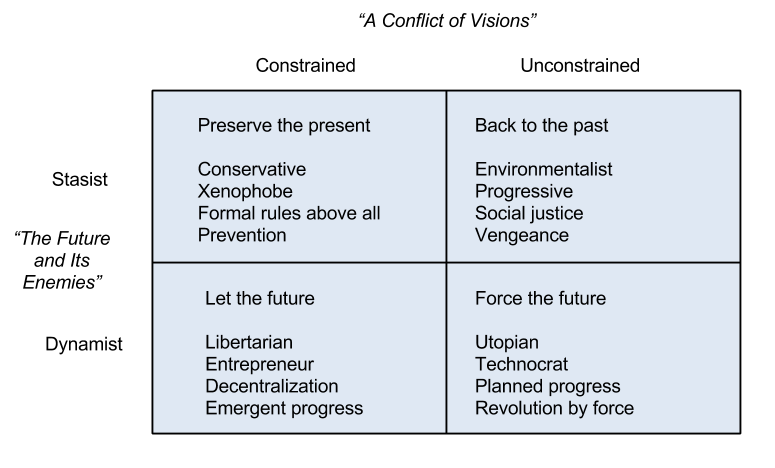I’ve been searching every which way to understand health problems I began having last summer. In the last nine months I’ve learned more about the human body than in most of my life prior.
And it’s not very heartening.
It turns out, nobody really understand much of how our bodies function. In most cases, the experts are guessing. Everyone is guessing. Our bodies are maddeningly complex, and new discoveries are constantly being made that cast doubt on previous paradigms.
I happened to be diving into cell biology and virology as various footnotes and papers and books led to others. (This was before the Coronavirus scare, where it’s now hard to avoid discussions of disease and viral pathogenesis.) In addition to detailed discussions of the way various types of cells work, I’ve been exploring different frameworks for understanding the body as a whole.
It’s a structural machine, a chemical machine, and also an electrical machine. The last one was sort of new to me.
Besides the scene in The Matrix about how humans are kind of like batteries, I’d not spent much time thinking about electrical elements of the body. I came across The Body Electric and started to see just how integral electromagnetism is to our existence, even at the cellular level.
Then I stumbled into The Invisible Rainbow. I almost wish I hadn’t.
It is a compelling and deeply troubling book. It presents a history of electricity and health in parallel. While some of the claims seem far-reaching, such that electricity can start to seem like the sole cause of all health problems, the research of EMF effects on plant, animal, and human life is massive and can’t be ignored.
It’s pretty logical and commonsensical when you think about it. If we can suffer shocks and burns from electricity and invisible microwaves, wouldn’t it stand to reason that less intense applications also affect the body in less immediately visible ways?
If even a small part of the research presented is true, it leaves some troubling questions. With the new knowledge of the health downsides of the miracle of electricity, how and when to make trade-offs between it’s manifold benefits and the costs?
On the grander scale, perhaps humanity needs to discover an entirely new paradigm for powering our lives and transmitting information. Is there a new physics that can unleash forms of energy with fewer negative effects on health?
It is exceedingly difficult to find anyone examining these fundamental questions. The more credentials people have, the less curious and open minded they seem.
I have never been drawn to biology or health. They’ve been lowest on my list of interests. Yet I’ve been forced to move them to the top as I struggle to understand and overcome odd illnesses that have struck me out of the blue. In the process, I’ve discovered that health might have the greatest gap between understanding on the part of credentialed experts and the respect and faith placed in them by the average person.
It’s not a comforting discovery. Just like in The Matrix, the truth isn’t an easy pill to swallow. No one can give me the answers, or hand me a treatment that makes everything better. I have to be my own advocate and researcher.
Like this:
Like Loading...
